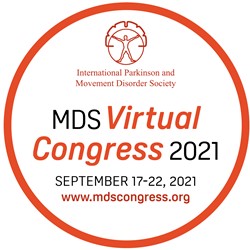
Every year the International Parkinson and Movement Disorder Society (MDS) holds a conference and every year APDA is there, learning about the newest research and sharing our resources with the wider Parkinson’s disease (PD) community. The MDS Congress is the preeminent gathering of medical professionals from around the world who are dedicated to PD […]









